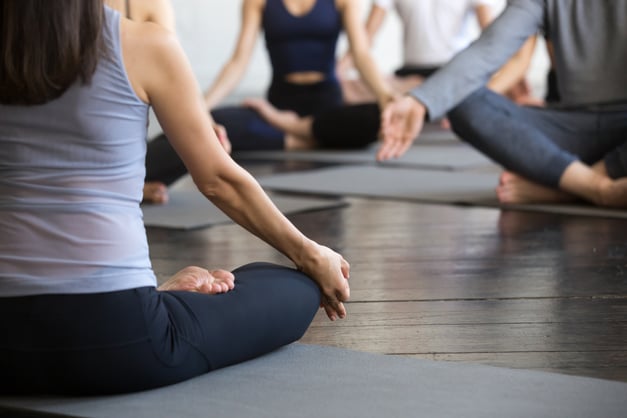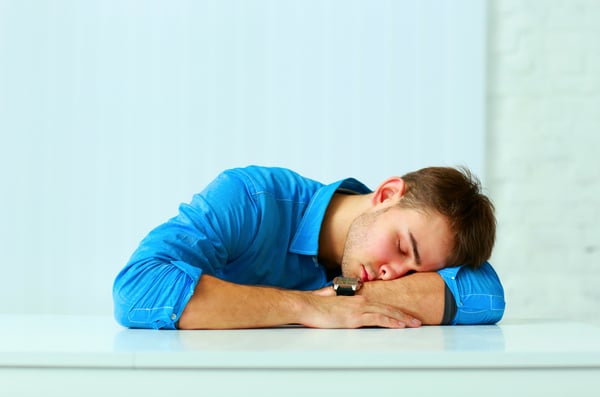Can Exercise Lead to Better Sleep?
Published on: March 20, 2024 | Reading time: 🕐 3m

Can Exercise Lead to Better Sleep?
Quality sleep is not just a luxury – it’s a vital part of a healthy lifestyle. If you have been struggling with insomnia or poor sleep, you may be wondering if exercise can help you sleep better.
The simple answer is yes. However, the reality is more complex, as sleep and exercise share a two-way relationship. To understanding why, let’s take a look at how physical activity during the day can help you sleep well at night1.
Adopting an exercise routine can improve your sleep, while getting enough sleep at night may in turn help you stay energetic during the day. In fact, even moderate exercise can have a positive impact on sleep, reducing the severity of sleep disorders and helping prevent insomnia.
How often and when?
When it comes to exercise, timing is crucial. While morning workouts awaken the body, exercising in late afternoon or early evening can improve deep sleep by promoting the release of endorphins, hormones that help stabilize the mood and thereby improve sleep quality2.
As for how much exercise you need for better sleep and how soon you can experience its benefits, the good news is that 30 minutes per day of moderate to vigorous exercise can lead to an immediate improvement3.
However, it’s best not to exercise less than three hours before bedtime, in order to avoid hyperarousal. To find your sweet spot, try different exercises at different times of day.
A routine that’s right for you
To benefit most from exercise-induced sleep, you should adopt a routine tailored to your preferences and habits. Remember that it’s not about the intensity or the type of exercise. What’s important is that you do it regularly and it suits your lifestyle.
To sum up, by incorporating physical activities you enjoy in your daily routine, you can improve the quality of your sleep and help protect yourself against chronic disease. It’s all about striking a balance between your body’s need for activity and rest.
CBT-I: A proven therapy for restorative sleep
It’s important to keep in mind that exercise alone is not a cure-all for sleep disorders. CBT-I, or cognitive-behaviour therapy for insomnia, is a structured therapeutic approach for treating insomnia that involves changing the behaviours and thoughts that contribute to sleep problems. It is used around the world as a first-line treatment for insomnia and has shown in numerous studies to be beneficial. In fact, without using medication, CBT-I is the only scientifically proven method that works.
Want to learn more about CBT-I?
Check out our article: CBT-I: The Best Treatment for Chronic Insomnia
Sources
1.Christopher E. Kline, Ph.D. “The bidirectional relationship between exercise and sleep: Implications for exercise adherence and sleep improvement,” National Library of Medicine, https://www.ncbi.nlm.nih.gov/pmc/articles/PMC4341978/ [accessed on February 14, 2024].
2. Daniel Pacheco, Dr. Jenny Iyo. “Exercise and Insomnia,” The Sleep Foundation, December 22, 2023, https://www.sleepfoundation.org/insomnia/exercise-and-insomnia.
3.Johns Hopkins Medicine. “Exercising for Better Sleep,” https://www.hopkinsmedicine.org/health/wellness-and-prevention/exercising-for-better-sleep#:~:text=The%20good%20news%3A%20People%20who,a%20benefit%2C%E2%80%9D%20says%20Gamaldo [accessed on February 14, 2024].
Need help with your sleep?
We can help you! HALEO offers a solution that can contribute to productivity and well-being through quality sleep. Schedule a discovery meeting by booking your time here.




